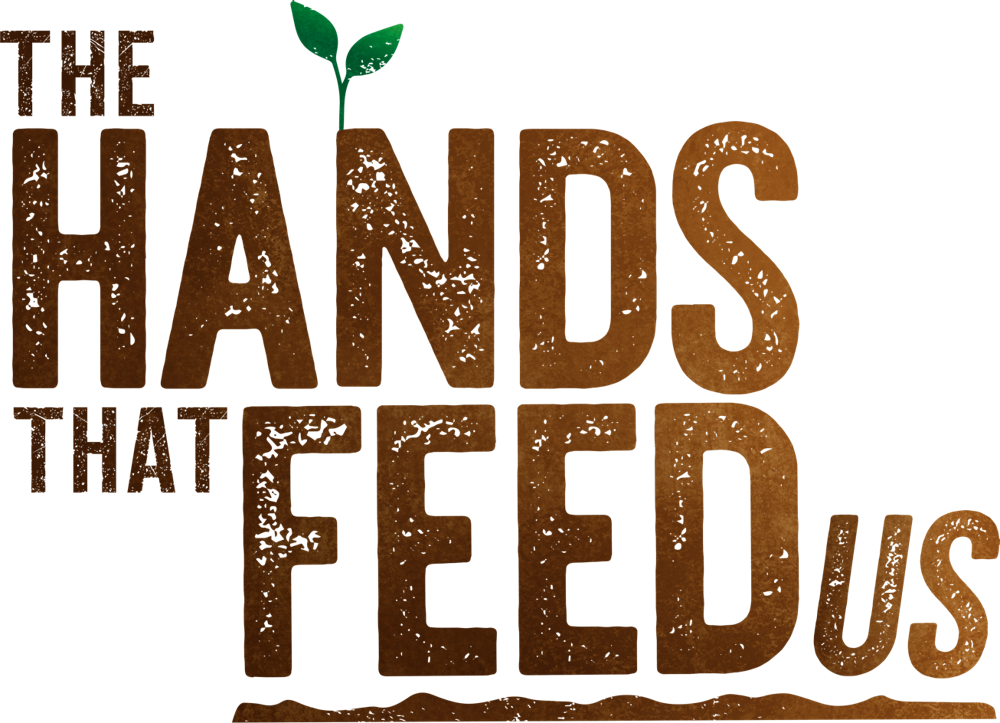I believed we could build our farm together by being good at business and I didn’t realize she needed me to be good at romance.
Which is more important to the success of a farm: business sense — or romance? You may be surprised to hear that, after wrestling with this topic for the last five years, my answer is romance. The quote above is from the conclusion of The Hands that Feed Us, summing up what I’ve learned from looking at how farmers live — and what makes them successful.
Read more